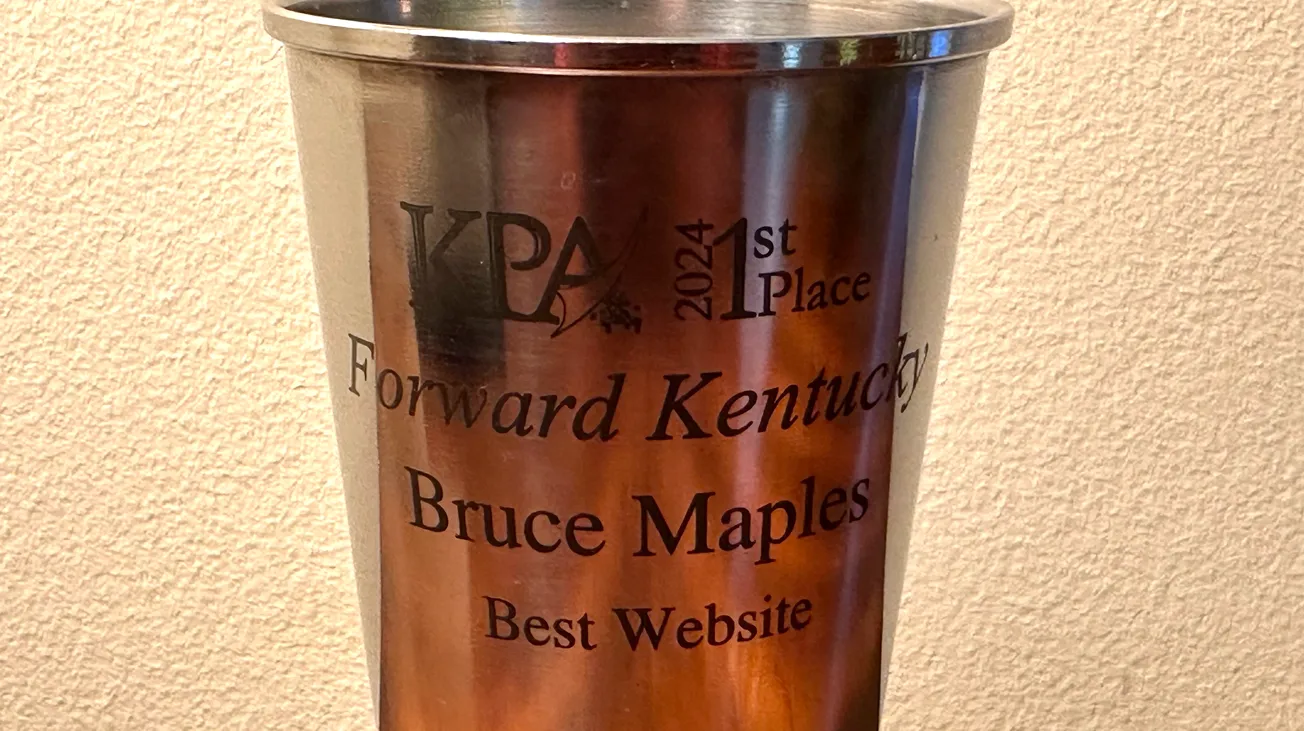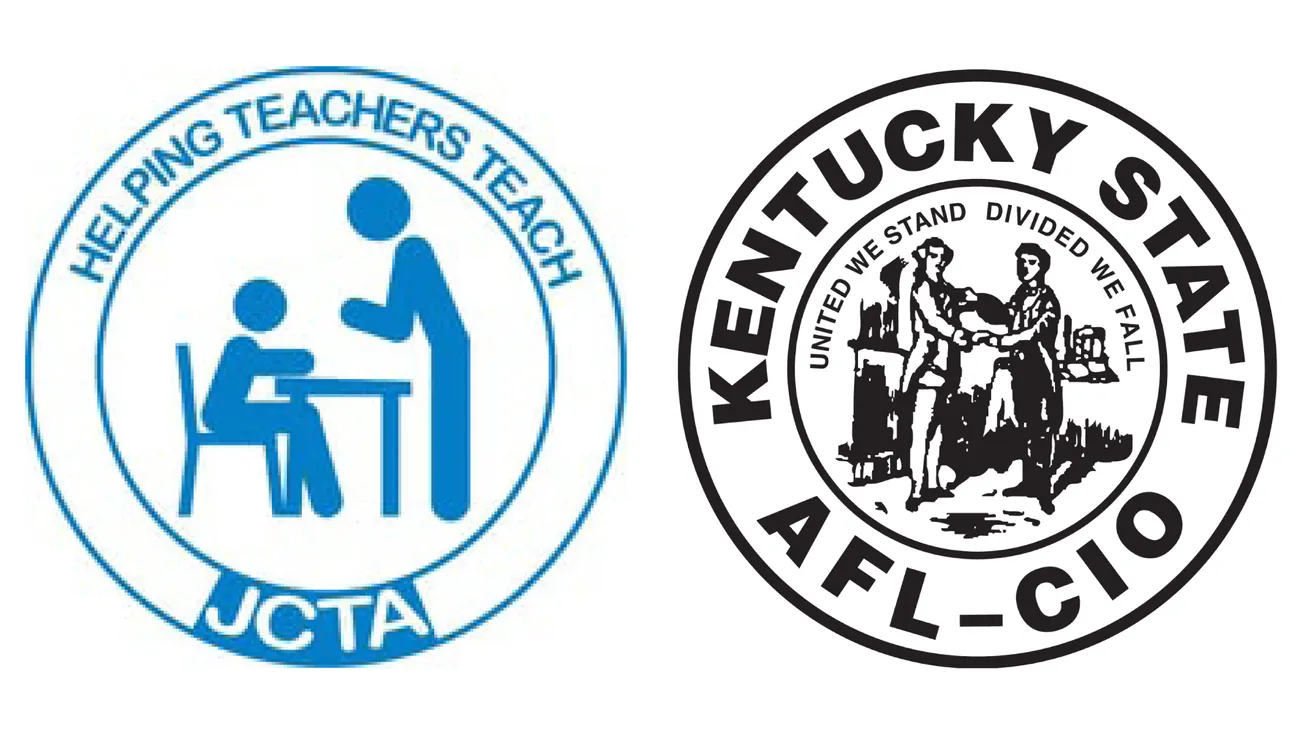Mirroring controversies at the national level, illegal destruction of public records is now an issue squarely before a Kentucky court and, in turn, all Kentuckians.
The 490 Project and its attorneys, Michael Abate and Rick Adams, as well as WFPL News and The Courier Journal, have focused attention on an illegal practice that is yet another public agency subterfuge to avoid accountability.
The issue surfaced at the national level earlier this year in extensive reporting on illegal records destruction associated with the January 6 insurrection.
In separate articles published on October 6, The Courier and WFPL examined a recent lawsuit filed by the 490 Project, “a grassroots group focused on police accountability.”
The group alleges that the Louisville Metro Police Department’s refusal to comply with its statutory duty to take final action on open records requests within five business days — by disclosing nonexempt public records or identifying the legal basis for nondisclosure — violates the open records law.
But in a first-of-its-kind claim, the group alleges that LMPD has subverted the intent of the open records law through the premature and illegal destruction of public records — in this case, complaints leveled against police officers that LMPD designates “informal” — in contravention of state law governing the minimum retention of those records.
Records retention “schedules” are established under state law and promulgated into state regulation. They establish the minimum period a public record must be kept. Anything less constitutes improper records destruction and, potentially, tampering with a public record — a Class D felony.
This critical public records abuse has largely evaded public notice, but has long been employed by public agencies as a means of evading public accountability.
So much so, in fact, that in 1994 Kentucky lawmakers expressly recognized “an essential relationship between the intent of this chapter [dealing with the public’s rights and public agency duties under the open records law] and that of KRS 171.410 to 171.740, dealing with the management of public records” and that “to ensure the efficient administration of government and to provide accountability of government activities, public agencies are required to manage and maintain their records according to the requirements of these statutes.”
Simply put, without effective public records management there can be no public records access.
The current dispute centers on LMPD’s practice of “contracting away” its records retention duties to the Fraternal Order of Police by negotiating a 90 day retention for “informal” complaints in lieu of the two-year state requirement. This contract term was apparently eliminated — under public pressure — in its most recent collective bargaining session, but continues to reverberate and to impede the public’s right to know.
The lawsuit also seeks to eliminate the judicially repudiated distinction between retention periods for formal and informal complaints established in the retention schedule and promulgated into state regulation.
If 46-plus years of open records law is any indicator, it is these complaints that are most jealously guarded by law enforcement agencies — because they so often “cause inconvenience or embarrassment to public officials or other” — but are most essential to the public’s right to know whether “public servants are indeed serving the public.”
As one who — as an assistant attorney general — witnessed many cases in which public access was obstructed by improper records management and illegal destruction, and who — as the attorney general’s proxy on the Libraries, Archives, and Records Commission and a member of the Archives and Records Advisory Committee — vigorously argued against the formal/informal treatment of, and for longer retention of all, complaints against public employees — I am gratified that the 490 Project, and its attorneys, are at last focusing attention on an open government issue that should concern all Kentuckians.
Louisville Metro Police Department is walking on very thin legal ice. The law is clear.
--30--
Tip our Contributors
Our contributors are what make Forward Kentucky go. Their articles, their cartoons, their research – all part of making this site “the progressive voice for Kentucky politics.”
Here's a secret, though: none of them get paid for their excellent work. They do it because they believe in what we are doing here.
But now, there is a way for you to give back to them. If you think this article was worth a tip in the tip jar, just hit the PayPal button below and pay any amount you want. Be sure to put the title of the article in the "what is this for" entry. 100% of what you donate will go to the contributor(s) listed above, after PayPal takes its cut. Thanks!








